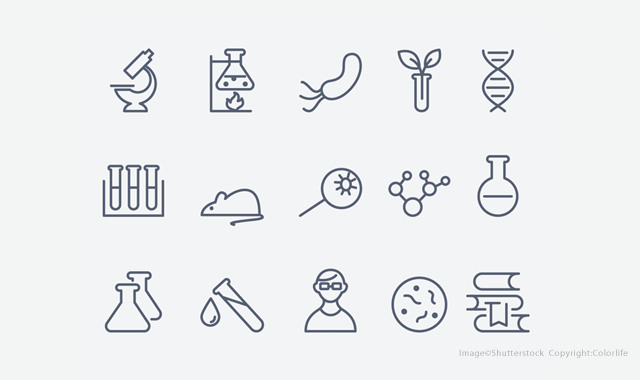New vaccine could mean the end of periodontitis
A new study from The University of Melbourne has potentially found a cure for periodontitis.

The treatment for periodontitis has been the same for years. Scaling and root planing to remove plaque, and maybe even surgery if the problem is serious. But even with dedicated patient compliance and dental intervention, the problem can progress and teeth can be lost.
It is estimated that moderate to severe forms of periodontitis affect one in three adults and that the global rates of severe periodontitis affect 10.5 to 12 percent of the population. In economic terms, the global impact of dental diseases-of which periodontitis is a major component-has been estimated to be $442 billion per year.
Read more: Gum disease may increase lung cancer risk
To combat this problem, a team of researchers at The University of Melbourne began looking for a more effective treatment method. Their results, as reported by Science Daily, culminated in a journal article titled “A therapeutic Porphyromonas gingivalis gingipain vaccine induces neutralising IgG1 antibodies that protect against experimental periodontitis.”
The research works off the premise that, though there are many types of bacteria present in the biofilm that causes chronic periodontitis, there are a select few responsible for the problems caused by periodontitis. This includes the bacterium P. gingivalis, which has been demonstrated to predict imminent clinical attachment loss. Additionally, the bacterium is known as a "keystone pathogen," meaning that it initiates and then progress the advancement of chronic periodontitis.
Related study: Study finds missing teeth can predict cardiovascular events
The vaccine targets enzymes produced by the bacterium P. gingivalis to trigger an immune response. This response creates antibodies that can effectively neutralize the toxins produced by the bacterium.
CEO of the Oral Health CRC, Melbourne Laureate Professor Eric Reynolds AO, says it was hoped the vaccine would substantially reduce tissue destruction in patients harboring P. gingivalis.
"We currently treat periodontitis with professional cleaning sometimes involving surgery and antibiotic regimes," Professor Reynolds says.
"These methods are helpful, but in many cases the bacterium re-establishes in the dental plaque causing a microbiological imbalance so the disease continues."
"Periodontitis is widespread and destructive. We hold high hopes for this vaccine to improve quality of life for millions of people."
Read more: New CDC study finds high periodontal disease rates in the Souther U.S. states
It is hoped that the vaccine would eliminate, or at least reduce, the need for surgery and antibiotics for those suffering from periodontitis. The vaccine could potentially begin clinical trials as soon as 2018.